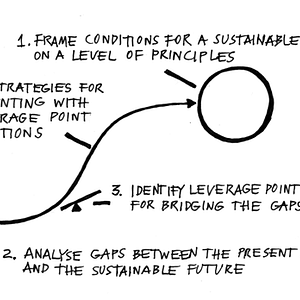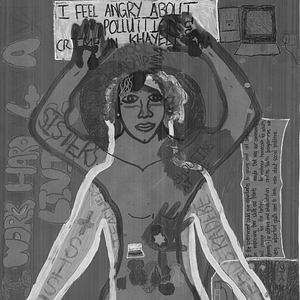All cases

-
A framework for comparative transdisciplinary co-production around the Sustainable Development Goals
Designing processes to integrate knowledgeInternational

-
A method for making the everyday visible: photovoice and everyday politics
Blurring boundaries to facilitate understandingUnited Kingdom

-
A method for participatory public space planning and design: Urban Girls Movement
Designing processes to integrate knowledgeSweden

-
A model for co-production of knowledge: creating a Research Forum
Blurring boundaries to facilitate understandingSweden

-
A space for learners to lead and leaders to learn: Challenge Lab
Creating co-productive spacesSweden

-
Academics and municipal officials co-writing in third space
Creating co-productive spacesSouth Africa

-
Building transdisciplinary capacities through the Knowledge Transfer Programme
Blurring boundaries to facilitate understandingSouth Africa

-
Closing the co-productive cycle: creative documentation for multi-vocal representation
Blurring boundaries to facilitate understanding United Kingdom
United Kingdom -
Engaging people of different needs to create a better city for all: FunkTek
Blurring boundaries to facilitate understandingSweden

-
Exchange as method: the value of trans-local learning
Designing processes to integrate knowledgeUnited Kingdom

-
Exploring TD methods in a PhD course: creating a TD ‘learning space’
Creating co-productive spacesSweden

-
Joint problem formulation and solution through iterative practice: design thinking
Designing processes to integrate knowledgeSweden

-
Methods and tools for co-creation of urban station communities
Designing processes to integrate knowledgeSweden

-
Symmetrical leadership and participation for cross-learning in WISE
Designing processes to integrate knowledgeSweden

-
Tapping hidden expertise: the model of the Inverted Citizens’ Jury
Blurring boundaries to facilitate understandingUnited Kingdom










 United Kingdom
United Kingdom











